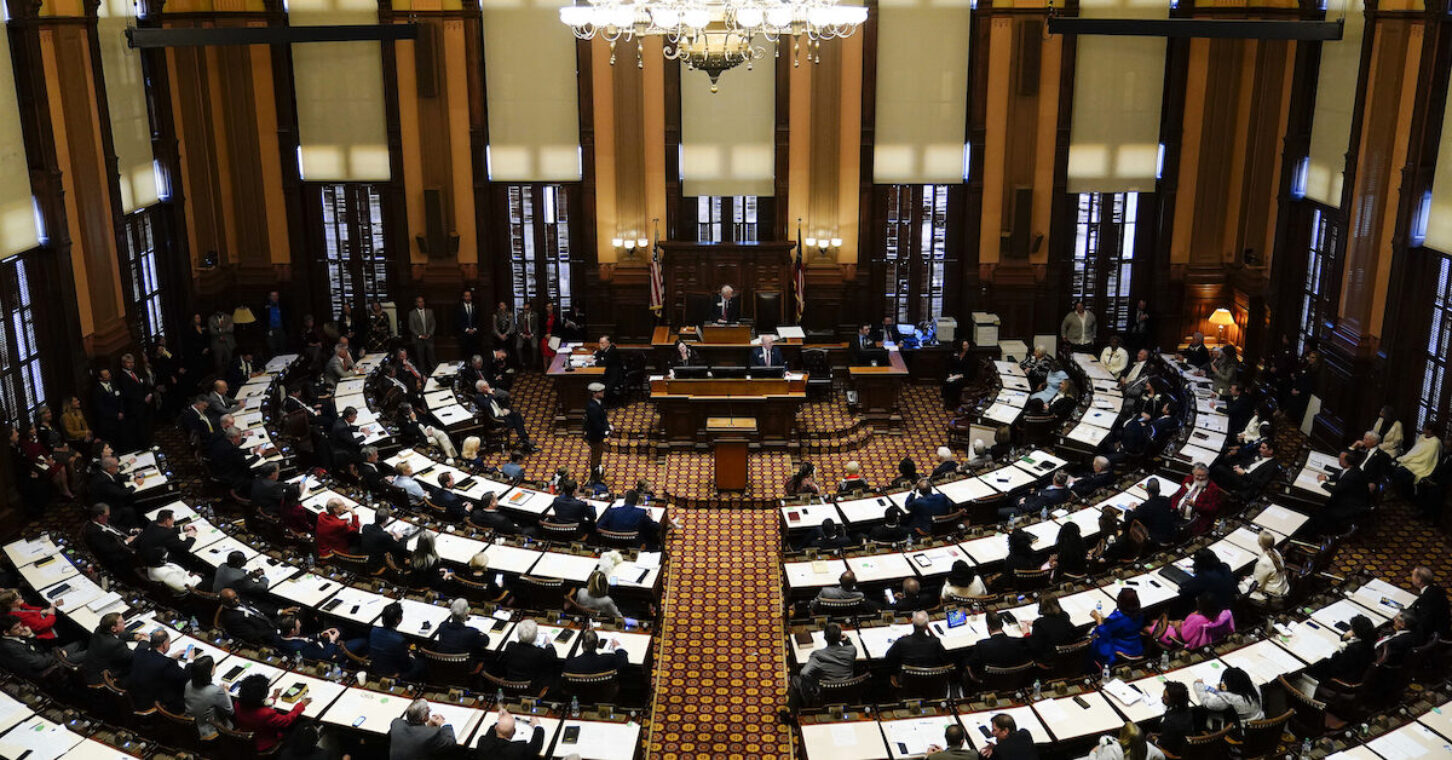
The 2023 session is over with Sine Die on Wednesday. So what happened during the 40-day session?
These bills are headed to the governor:
- House Bill 155, sponsored by Rep. Chuck Martin, R-Alpharetta, would recognize occupational licenses obtained in other states when an individual moves to Georgia.
- House Bill 203, sponsored by Rep. Mark Newton, R-Augusta, would amend telemedicine laws to include eye examinations.
- Senate Bill 55, sponsored by Sen. Elena Parent, D-Atlanta, is known as the “Lemonade Stand Act.” It would prohibit local governments from regulating most youth businesses, such as lemonade stands.
- Senate Bill 3, sponsored by Sen. John Albers, R-Roswell, would require state agencies to assess whether current educational requirements, such as a four-year college degree, are necessary for many state jobs.
What didn’t make it?
- Senate Bill 233, sponsored by Sen. Greg Dolezal, R-Cumming, would have created education scholarship accounts that families could use to pay for tuition, tutoring, curriculum and other approved educational expenses. During the process, the original bill was modified to only apply to students who attend schools in the bottom 25% of state assessments while the scholarship amount increased from $6,000 to $6,500. After passing the Senate, it failed 85-89 in the House on the last day of the session.
- Senate Bill 99, also sponsored by Dolezal, would have exempted new hospitals in rural counties from the Certificate of Need (CON) process. After passing the Senate, it never made it out of committee in the House.
- Senate Bill 162, sponsored by Sen. Ben Watson, R-Savannah, would have initially replaced the state’s CON system with a licensing process for all healthcare facilities and services with the exception of long-term care. Despite a committee substitute that scaled back repeal and received the support of some of the state’s largest health systems, the bill was never brought up for a vote in the Senate after passing out of committee.
- House Bill 557, sponsored by Rep. Ron Stephens, R-Savannah, would expand prescription authority for physician assistants (PAs) and advanced practice registered nurses (APRNs) while also expediting the process to enter into an agreement with a supervising physician. Though it passed both chambers in different forms, the House and Senate were unable to come to a final agreement.
- House Bill 514, sponsored by Rep. Dale Washburn, R-Macon, would prevent local governments from enacting building moratoriums for new housing for no longer than 180 days. Despite both chambers passing a version of this bill, the House and Senate could not ultimately agree on whether the bill should also prevent bans on multifamily housing and whether development impact fees should be waived to accommodate new workforce housing initiatives.
- Senate Bill 157, sponsored by Sen. Brian Strickland, R-McDonough, would clarify the standards for licensure eligibility for a person with a criminal record. Specifically, it removes vague “moral turpitude” licensing criteria, while allowing licensure denial only if there is a direct relationship between a criminal record and the licensed occupation. It passed the Senate and cleared the House Judiciary Non-Civil Committee, but was never voted on by the full chamber.
